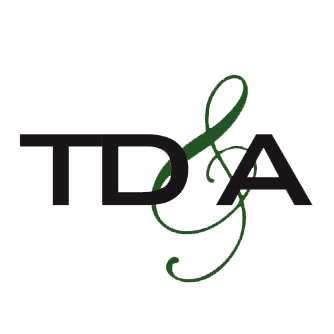Estate Planning For Your Digital Assets
2020 might go down as the year of living virtually as we continue to grapple with pandemic related restrictions. Increasingly, people use technology to shop, stay in touch, entertain, do business and even visit the doctor. Even though technology is increasingly embedded in our everyday lives, we rarely think about what happens to our various digital assets if something should happen to us.
Typically, when we think about estate planning, we think about who should inherit the family home, our prized collections, or other family heirlooms. We often overlook an increasingly ubiquitous asset – our digital assets. What happens to our social media accounts, email accounts, iTunes balances, or even our cloud-based digital family album if we become incapacitated or pass away?
It is important that your estate plan properly account for digital assets to ensure that your loved ones can access family photos and videos, manage or close your social media accounts and receive all the funds you would like to provide to them.
What are digital assets?
Digital assets include anything of value that exists in a digital device or in cloud-based storage accounts. It can include files or information that is accessed through your device or is stored online. These items might include, but are not limited to:
Digital photos
Emails
Electronic subscriptions
eBooks
Digital music files
Digital movies
Home videos
Blogs
Vlogs
Artwork
Logos
Manuscripts
Cryptocurrencies (think Bitcoin and the like)
Domain names for web sites
Intellectual property
Social media accounts (especially if they are monetized)
Online betting accounts
Gaming accounts and avatars
Legal and Other Hurdles to Digital Access
The law along with social media and online service provider practices continues to evolve. Though, legally you can pass digital assets through your estate plan, gaining access to these assets is complicated for anyone other than the original owner. After someone passes away, family members typically face obstacles when trying to access their deceased family member’s digital assets.
For example, if loved ones do not know a decedent’s passwords, they may not be able to get information or property stored on devices, online accounts, or in cloud accounts. Some accounts have an extra layer of protection and might be encrypted. Unless someone has the proper passcode, then it is impossible to unscramble. State and federal laws forbid unsanctioned access to computer systems and private personal data. Designed to prevent fraud and identity theft, such laws also create impossible hurdles for loved ones trying to access a decedent’s digital assets. Therefore, it is important to make sure your estate plan gives your fiduciaries the permission they need to access any necessary digital data.
Steps to Take Now
By addressing these items through your estate plan, you can provide your loved one’s access to your valuable digital property, avoiding costly bureaucratic red tape and possible court battles. Also, you can ensure that nothing is lost or overlooked.
You can start by listing your digital assets so that your fiduciaries know what you have and where to find them. Your list should include online accounts, passwords, and digital property. Please note, you might think you purchased an item as an owner, but you might have only purchased the right to use the item (also known as a license). It is important to check the terms of agreement for vendors of things like music, movies, or other digital assets.
If you back up data on the cloud, you might also want to back them up to a local storage device so that fiduciaries (and family members) can easily access the data. Some cloud services make it really difficult, if not impossible, for anyone other than the owner to gain access to the data they store.
Finally, it is important to make sure your estate planning documents are up to date. You can determine to whom you would like to distribute your digital assets and provide authorization to your fiduciaries to access and distribute those assets.
Tresp, Day & Associates provides nationally recognized asset protection and estate planning; we can consult with you on the best way to protect your digital assets and investments. We offer in-person appointments and face-to-face consultations utilizing video conferencing technologies such as FaceTime, Duo, and Zoom

